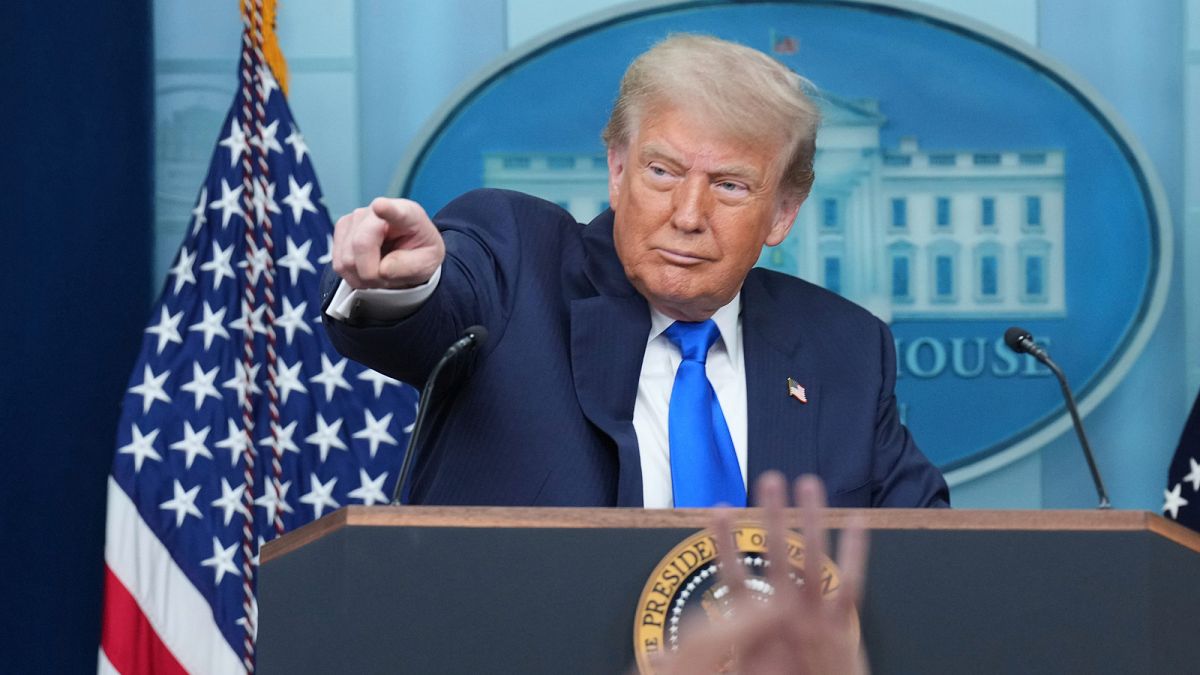

In recent developments that underline the dynamic nature of global trade and business relationships, the international landscape is witnessing a series of significant changes. These include policy decisions impacting trade talks, evolving marketing strategies, and measures focused on sustainable development, painting a picture of an interconnected world striving for balance amidst diverse priorities.
In North America, trade negotiations between the United States and Canada have come to an abrupt halt. The decision was announced by former U.S. President Donald Trump, who cited Canada’s incoming Digital Services Tax as the primary reason for terminating discussions. This 3% levy aims to target significant revenue streams from major technology companies, both domestic and international, whose services engage users within Canada’s borders. Notable companies such as Amazon, Google, and Meta find themselves under the purview of this new tax regime, reflecting Canada’s move toward rebalancing fiscal contributions from digital giants operating on its soil.
In another part of the world, trade relations have shown signs of improvement. The United States has successfully brokered a deal with China to expedite the shipment of rare-earth materials, crucial components in advanced technology and defense products. This accord marks a positive step towards easing ongoing trade tensions between the two major economies and is seen as a vital move to stabilize global markets that are dependent on these critical elements. The accord has sparked optimism, leading U.S. stock markets to rise as participants responded favorably to these promising economic signals.
Meanwhile, in the corporate sector, Nike braces for the implications of ongoing tariff disputes. The iconic sportswear company anticipates a significant impact, estimating a cost of approximately $1 billion. Despite the challenging economic climate, the company remains cautiously optimistic, as reflected by a rise in its share price amidst these announcements. Strategic adjustments continue as businesses adapt to the evolving tariff landscape, showcasing resilience and adaptability in the face of external pressures.
Within the European business arena, media consolidation efforts are underway with RTL’s acquisition of Sky Deutschland. This transaction, amounting to €150 million, permits RTL to utilize the Sky brand across several European countries, marking a strategic move to bolster its presence in the region. This consolidation is part of a broader pattern where media companies are seeking to strengthen their operational foothold through synergistic mergers, enhancing the diversity and reach of their content offerings across multiple platforms.
Amid these global developments, strides in environmental sustainability are gaining momentum in Australia. The government, through its Clean Energy Finance Corporation, has facilitated a $100 million loan to Wesfarmers. This financial injection is intended for the installation of solar panels, EV chargers, and batteries at Bunnings and Officeworks stores nationwide. The initiative is expected to be completed by the year’s end, marking a significant stride towards reducing carbon emissions and promoting sustainable practices within the commercial sector. It aims to generate a ripple effect, encouraging wider adoption of renewable energy solutions and reinforcing Australia’s commitment to environmental responsibility.
These diverse developments exemplify the intricate tapestry of global trade and business dynamics. As stakeholders navigate these various paths, there is a shared sense of progress and adaptation, each decision contributing to the broader narrative of an ever-evolving world. Through balancing economic interests with environmental imperatives and technological advancements, the international community continues to work towards harmony and sustainable growth in the interconnected global marketplace.
Source: {link}
